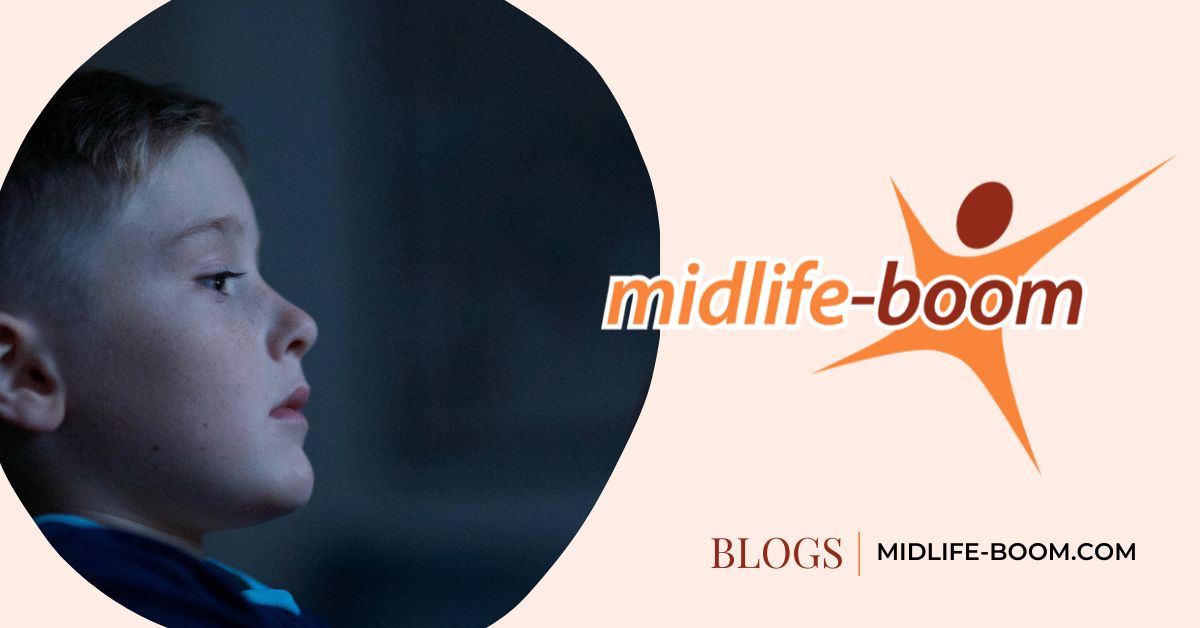
If you are afraid of your own child becoming a narcissist
Have you observed your child engaging in behaviors that are pretty darn reminiscent of the narcissistic Ex, and fear you might have a narcissist for a child?
Is he just like the Ex, stomping his foot and screaming, “But I want it my way now!”
Most likely, when your child is 4 or 5 years old. Most of us moms are familiar with this situation, right?
“Uh-oh,” you may think to yourself then – “I don’t want my kid to turn out like him!”
And you start reading everything you can to prevent that. But you don’t really find good, reassuring information, because it is assumed that the predisposition to develop a narcissistic personality disorder is innate.
If appropriate socialization then takes place – e.g. elevation of the child to a pedestal in combination with injuries to self-esteem – then it can lead to the child developing in this direction.
So if the mother (take note: the mother!) were to react inappropriately for just the right number of times, the child draws appropriate conclusions and bam! You as a mother have contributed to the fact that there is one more narcissist in the world.
Oh boy!
I would like to encourage you with this article
Because even if your child might have a predisposition to develop a narcissistic personality disorder from birth, that doesn’t mean he or she has to develop in that direction!
Please don’t get me wrong: I don’t want you to think that you alone bear all responsibility for ensuring that it doesn’t develop a narcissistic personality disorder like its father.
Nevertheless, there are some things you can do from your side to keep this from happening.
This is your part, which you can control yourself – with what you say and do – but you should let go of all the other sources of influence (child’s father, teacher, coach, neighbors, internet, grandparents and who knows who else).
But your own empathic part is more powerful than you think!
Invitation to the FeelBold Friday
Subscribe now to my free weekly newsletter
To the newsletter >>>
Be able to show and interpret feelings
Your five-year-old child, for example, has yet to learn impulse control and come to terms with the world of emotions.
Young children also make it clear when they don’t like something.
That’s very good – and perfectly normal.
They reach a new maturity when they start school – they learn to empathize with the feelings of others.
In a person with narcissistic personality disorder, this emotional maturity has not worked out. This person is mentally stuck in that place.
So everything is okay with your child – soon the next maturity leap will come!
You can support him by helping him to perceive and name his emotions. Also by discussing with your child scenes that you experienced together and in which other children freaked out:
“How might the child have felt? And what do you think the other one meant? What do you think?”
Give evaluations
Narcissistically disturbed people elevate themselves above others by negatively evaluating everything that does not correspond to their own values.
In DEXKADIMA, for example, I show you in a specific module how you can get to the bottom of your most important values. After all, there are not only honesty, reliability and a sense of family – but sixty others, all of which are good!
In the (derogatory) evaluation of the importance and correctness of other people’s values lies the root of all evil.
You can watch yourself silently evaluating others (because we all do, though not as rampantly and spitefully as a narcissist).
Get clear about which values are the most important to you.
Show your child these values. Not by just talking about them – but by modeling them for him.
So, for example, if you hold honesty as a high value and preach that over and over again, you should be careful not to tell one or two “white” lies yourself, where your child can then observe you saying, “Oh, that cake is really yummy!” (gag)
Your child will unconsciously absorb your values. They will take this with them – especially if you repeatedly point to your values in certain situations with a clear intention.
Do you want to feel confident about managing child hand-offs with your toxic ex?
Self-worth is also a value!
What is your child learning about your self-worth? What will your daughter learn from you when you stand in front of the mirror?
What will he think about himself when he realizes that he costs 500 € every month?
Keep maintenance disputes away from him at all costs. If he talks to you about what he has picked up from his father, make it clear to him that the money is used for everyday necessities and that both parents contribute equally. That it has nothing to do with him personally, but that there are tables from the state for it.
Tell him that it’s nice to be able to raise a child, and that the whole of society contributes by the state promoting it and there are extra child tickets and free schools. Isn’t that great?
Strengthen your confidence that your child will grow up to be a happy adult
Especially if you are very worried about it, because the current situation really doesn’t look like your child will have a good childhood – then you should start to counteract it.
First and foremost in your head.
Where focus goes, energy flows. (Tony Robbins)
Build a counterplan for your child to your current worries. Work on other fantasies and plans for the future.
This is easy to write, but the bottom line is this.
If you go over and over again in your mind the same bad scenes of a narcissistic adolescence and adulthood for your child, then you pave the way for this development.
A belief set is created with a thought that you think over and over again
You believe that this is how it will turn out – so you look for confirmation of this belief.
You wait for the signs – and they will come.
This is the case with everything you are convinced of.
And therefore, at the same time, that’s your biggest lever you can pull right now.
Do you want to nurture the belief that your child will become a narcissist – with the father?
Or do you want to nurture the belief that you, as an empathic mother, can provide your child with enough guidance and support in his emotional world that he will, against all odds, mature into a resilient adult and learn to master difficulties?
Which faith do you choose?
And from which belief will your child benefit more?
In fact, working on your belief system is your most important and at the same time easiest lever to be able to accompany your child confidently and sovereignly in a toxic environment!
Invitation to the FeelBold Friday
Subscribe now to my free weekly newsletter
To the newsletter >>>




